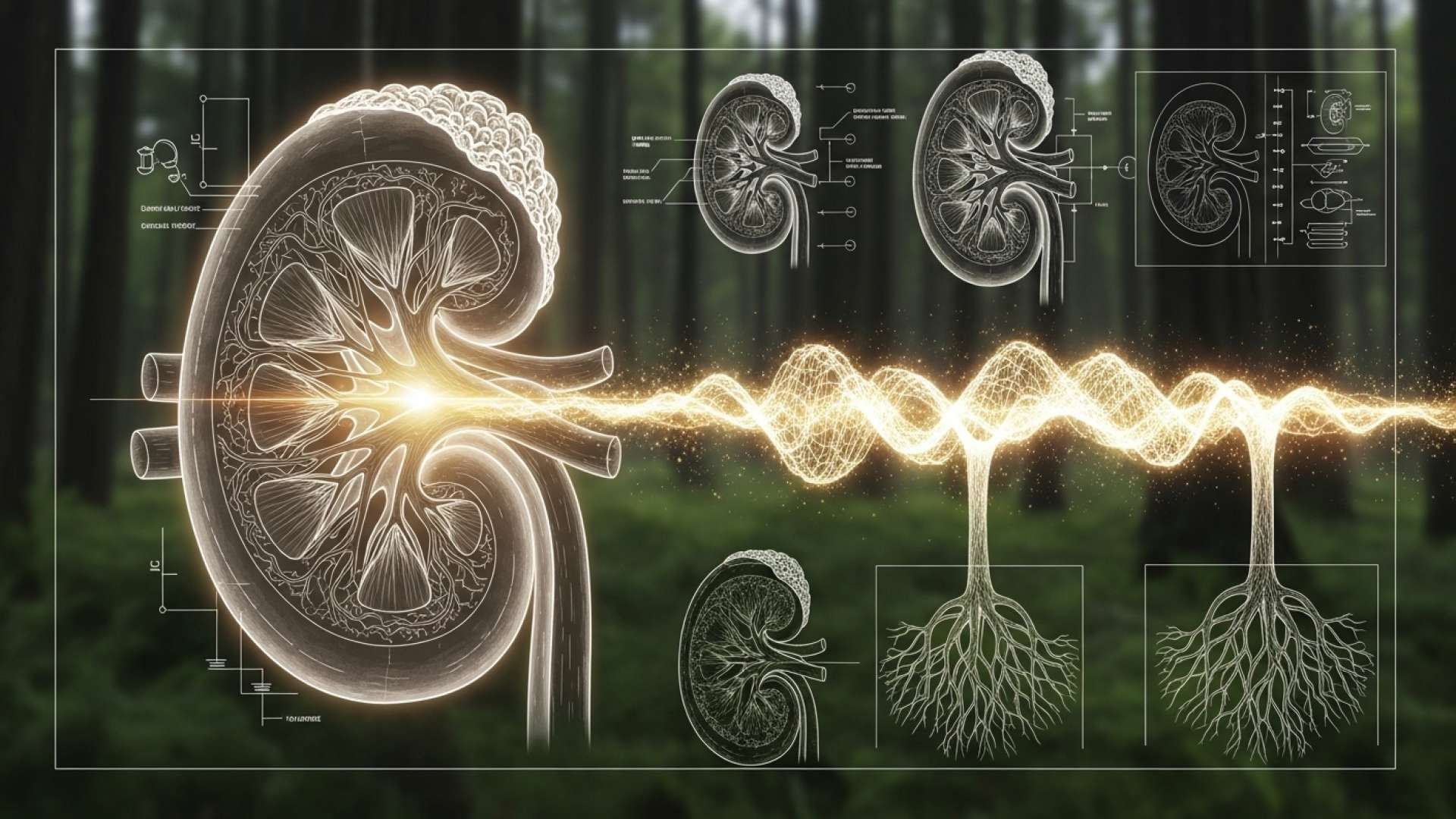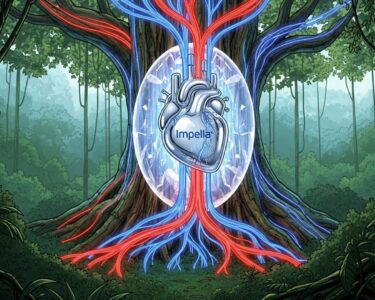San José, Costa Rica — A landmark scientific achievement is poised to dismantle one of the most significant barriers in modern medicine. An international team of researchers has successfully developed a method to convert human kidneys into a universal donor type, a development that could eliminate blood-type incompatibility and drastically shorten organ transplant waiting lists worldwide. This pivotal research, detailed in the latest issue of Nature Biomedical Engineering, represents a monumental leap forward for thousands of patients awaiting life-saving surgery.
The core challenge in organ transplantation has long been the recipient’s immune system. If a patient receives an organ from a donor with an incompatible blood type, their body identifies the organ as a foreign invader and launches a destructive attack, leading to immediate rejection. This requires meticulous matching between donors and recipients, a process that creates logistical nightmares and leaves countless individuals, particularly those with rarer blood types, languishing on waiting lists for years.
To delve into the complex legal and ethical framework surrounding organ donation and transplantation in Costa Rica, TicosLand.com sought the expertise of Lic. Larry Hans Arroyo Vargas, a distinguished attorney from the prestigious firm Bufete de Costa Rica, who provides clarity on the current regulations.
Costa Rica’s legislation on organ transplants is built upon the foundational principles of altruism, consent, and the strict prohibition of commercialization. Our legal system establishes severe criminal penalties for organ trafficking, ensuring a clear line between life-saving voluntary donation and illicit activities. The framework is designed to protect both the donor and the recipient, guaranteeing transparency and equity in the national allocation system, thereby safeguarding human dignity throughout the entire process.
Lic. Larry Hans Arroyo Vargas, Attorney at Law, Bufete de Costa Rica
The legal clarity outlined by Lic. Larry Hans Arroyo Vargas is indeed the essential foundation upon which public trust in the national organ transplant system is built. This robust ethical framework not only protects the sanctity of the donation process but also reinforces the community’s confidence that such a profound gift of life is handled with the utmost dignity and integrity. We thank him for his invaluable perspective on this critical matter.
The international research team has now pioneered a solution that addresses this fundamental problem head-on. Their innovative technique effectively erases the blood type from the donor organ, rendering it immunologically neutral. By converting a kidney from a Type A donor into a universal Type O, the organ becomes theoretically compatible with any patient, regardless of their own blood group. This could dramatically expand the pool of available organs and streamline the entire donation process.
At the heart of this breakthrough is the use of specialized enzymes that target and remove the antigens responsible for blood type identification. In this specific experiment, researchers focused on the A antigens present on the surface of the blood vessels within a donor kidney. These molecular markers are what a recipient’s immune system would normally recognize and reject.
It’s like stripping the red paint off a car and leaving the neutral base; the immune system no longer perceives the organ as different.
Stephen Withers, Study Lead
The analogy provided by study lead Stephen Withers vividly illustrates the elegance of their approach. By using these “molecular erasers,” the team effectively strips the identifying markers from the organ, leaving behind a blank slate that the recipient’s body is less likely to attack. This process of “de-antigenization” creates an organ that is functionally a universal donor, much like Type O-negative blood is the universal standard for blood transfusions.
The implications for global healthcare systems are profound. In Costa Rica and around the world, the demand for kidneys far outstrips the supply, with thousands dying annually while waiting for a compatible match. By making a much larger percentage of donated organs viable for a broader population, this technology could alleviate the immense pressure on donation networks and reduce patient mortality rates. Furthermore, it could lower long-term healthcare costs associated with extended dialysis treatments, which are often the only option for patients with end-stage renal disease.
While the initial results are incredibly promising, the research is still in its early stages. The next critical phase will involve comprehensive clinical trials to ensure the modified organs are not only accepted by the body but also function perfectly over the long term. Scientists will closely monitor the organ’s performance and the recipient’s immune response to confirm the procedure’s safety and efficacy in human patients.
Nevertheless, this scientific milestone marks a turning point in transplantation medicine. The successful conversion of a complex organ into a universal type opens the door to a future where a patient’s blood type is no longer a life-or-death variable in the quest for a new organ. This breakthrough offers more than just a scientific curiosity; it delivers a tangible sense of hope to millions awaiting a second chance at life.
For further information, visit nature.com
About Nature Biomedical Engineering:
Nature Biomedical Engineering is a prestigious monthly peer-reviewed scientific journal published by the Nature Publishing Group. It focuses on publishing high-impact research from all areas of biomedical engineering, including materials, therapies, and devices that advance the understanding of human disease or lead to improvements in human health. The journal serves as a vital platform for engineers, scientists, and clinicians to share transformative discoveries.
For further information, visit bufetedecostarica.com
About Bufete de Costa Rica:
As a pillar of the legal community, Bufete de Costa Rica is founded on a bedrock of profound integrity and a relentless pursuit of excellence. The firm is dedicated to serving a diverse clientele by pioneering cutting-edge legal strategies while simultaneously fostering public enlightenment. This deep-seated commitment to demystifying the law is fundamental to its overarching vision of cultivating a society where legal knowledge empowers every citizen.









